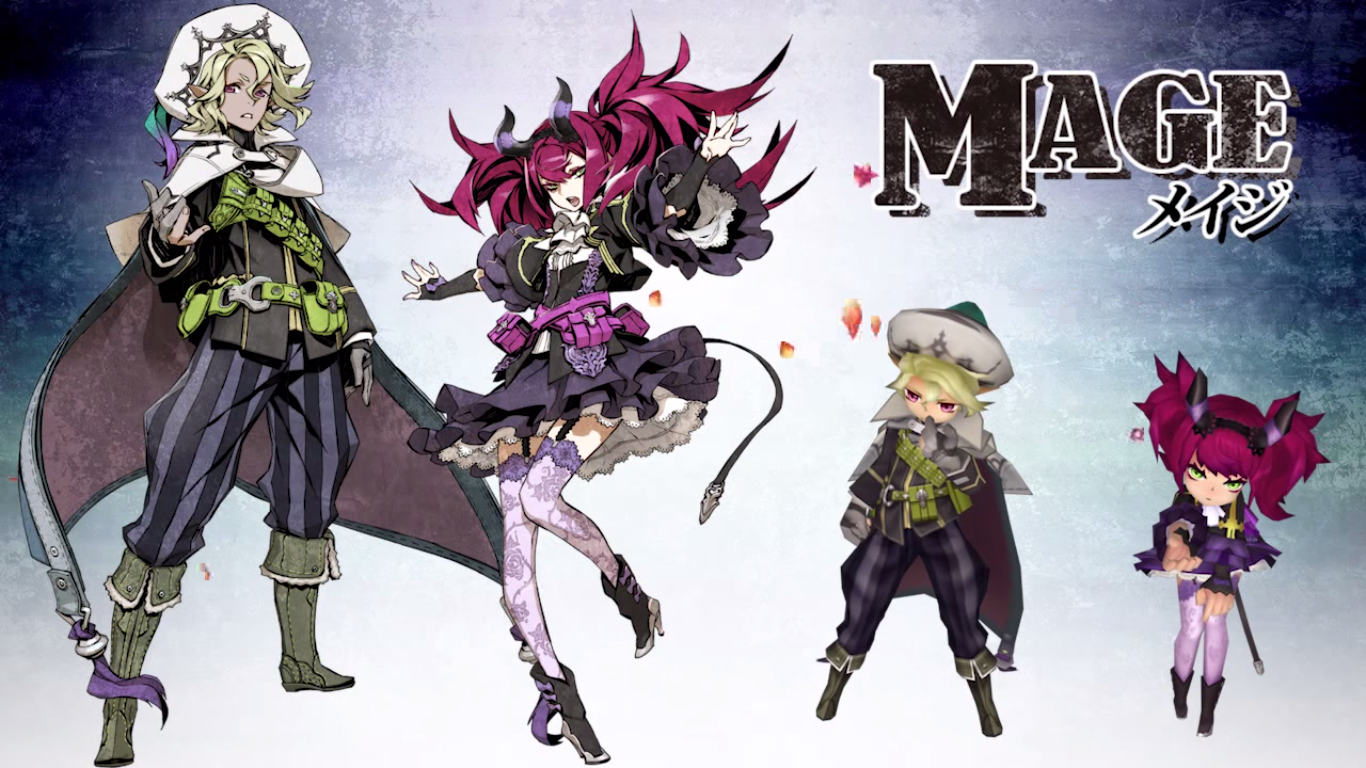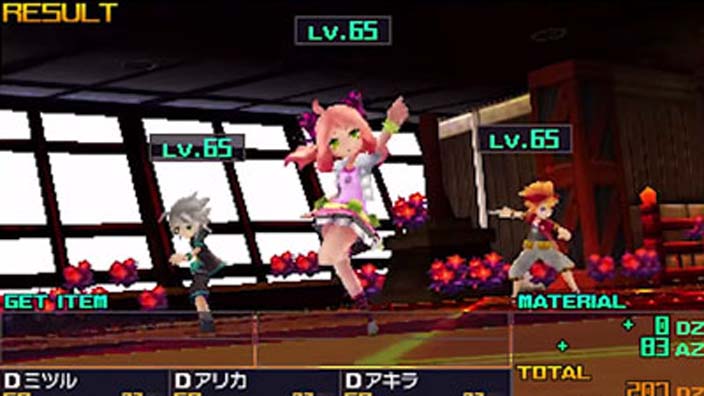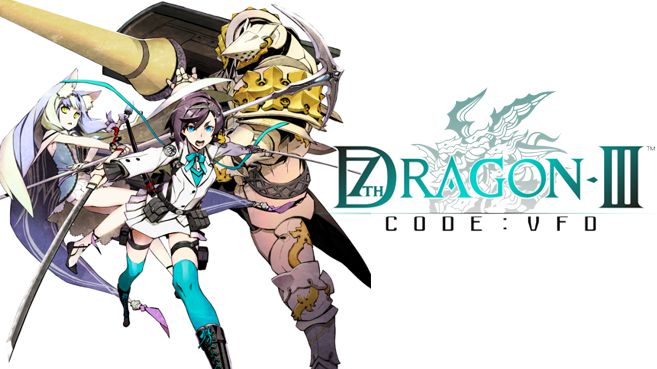

Or, then again, maybe you should ride out the dragon's boosted attack and call on an entire reserve team to issue multiple simultaneous support actions in the next round, up to and including resurrection, healing, and buffs. Rather than waste a turn defending, it might be better to call a reserve Rune Knight into action to use its support ability to null the enemy's status boost and reduce its super-attack to a normal action. For example, dragons have a tendency to charge up their power for a devastating super-attack the following turn. More importantly, reserve teams can be called on as a battle progresses to execute special actions, some of which can be life-saving. These reserve members can't be rotated in to fight during a battle a la Final Fantasy X, but they gain experience and skill points at the same rate as lead party members, which means you don't have to waste time grinding for experience with newcomers they'll get up to speed on their own.

While you're limited to a three-person combat team, you can travel with up to two back-up parties. It contains quite a few complex game systems and some truly brutal fights - the rare, climactic True Dragon battles will destroy you repeatedly until you perfect your strategy - but it also goes out of its way to minimize your frustration. In fact, "user friendly" defines 7th Dragon III. publishers due to its crushingly high difficulty level). Thankfully, 7th Dragon III is a far friendlier experience for players than the original entry (which I've been told ended up being passed over by several U.S. But there are about 250 of the other lesser dragons you have to deal with along the way, and each of those fights requires a well-honed team. There are more than seven of them, despite the game's title the eponymous seven dragons are the True Dragons, the end-boss-level foes. And if you happen to enter a battle with a dragon nearby, it will join the fight after a number of turns, potentially transforming an extended battle into a truly epic one. They tend to be considerably more durable than random foes, too, with increasingly devious battle tactics. They don't appear as random encounters, as with standard enemies, but rather as icons roaming the field map. The central concept of the game still carries a strong connection, though: The dragons you fight along the way are very, very similar in nature to Etrian Odyssey's F.O.E.s.
#Best team in 7th dragon code series
You can definitely see how 7th Dragon III's mechanics could have come from Etrian Odyssey if you squint, but the series has really become its own thing. As such, the game's overall design has evolved somewhat so that its systems work less like a direct copy of Niinou's previous creation. The latest game doesn't boast quite the same star-studded lineup Niinou has since moved along to Square Enix to work on Final Fantasy XIV and Dragon Quest Builders. In the beginning, 7th Dragon played like a cross between a traditional Dragon Quest-style console RPG and Etrian Odyssey, which makes sense given that it was created by Phantasy Star designer Reiko Kodama and Etrian Odyssey director Kazuya Niinou.

All you really need to know is that there are seven True Dragons throughout history that seek to destroy mankind by spreading deadly flowers that turn the air into a poisonous miasma, and your team's mission is to travel through time to destroy them and save humanity once and for all. You don't need to be familiar with the previous games in order to follow 7th Dragon III's storyline - certainly you'll get more out of it that way, but the script tidily explains its plot connections to its predecessors as it goes along.

Thankfully, the series' one and only Nintendo 3DS entry managed to squeak by just before the looming deadline of obsolescence for that system, and better late than never, I suppose.
#Best team in 7th dragon code psp
Its first of two PSP sequels hit in 2011, long after all but the most courageous companies had given up on the idea of selling PSP games in America. and publishers began abandoning the system in droves. The original 7th Dragon hit in 2009, right around the time the DS market collapsed in the U.S. The games have until now been victims of poor timing. now that it has, my only real complaint is that SEGA waited until the very final chapter of the saga to make their first localization effort. I've been waiting seven years for the 7th Dragon series to finally make its way to the U.S. Some content, such as this article, has been migrated to VG247 for posterity after USgamer's closure - but it has not been edited or further vetted by the VG247 team. This article first appeared on USgamer, a partner publication of VG247.


 0 kommentar(er)
0 kommentar(er)
